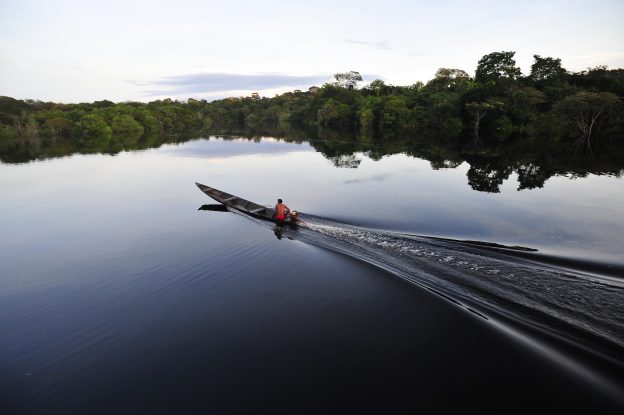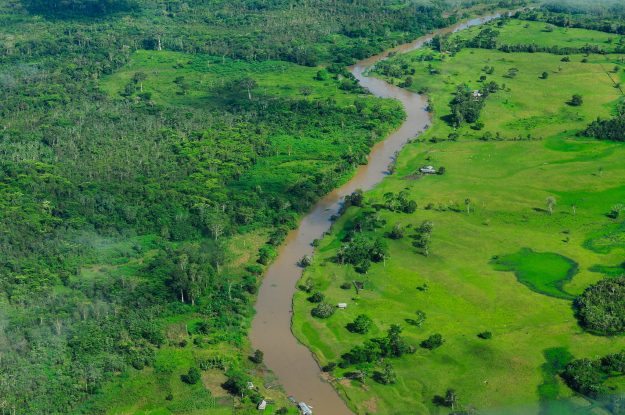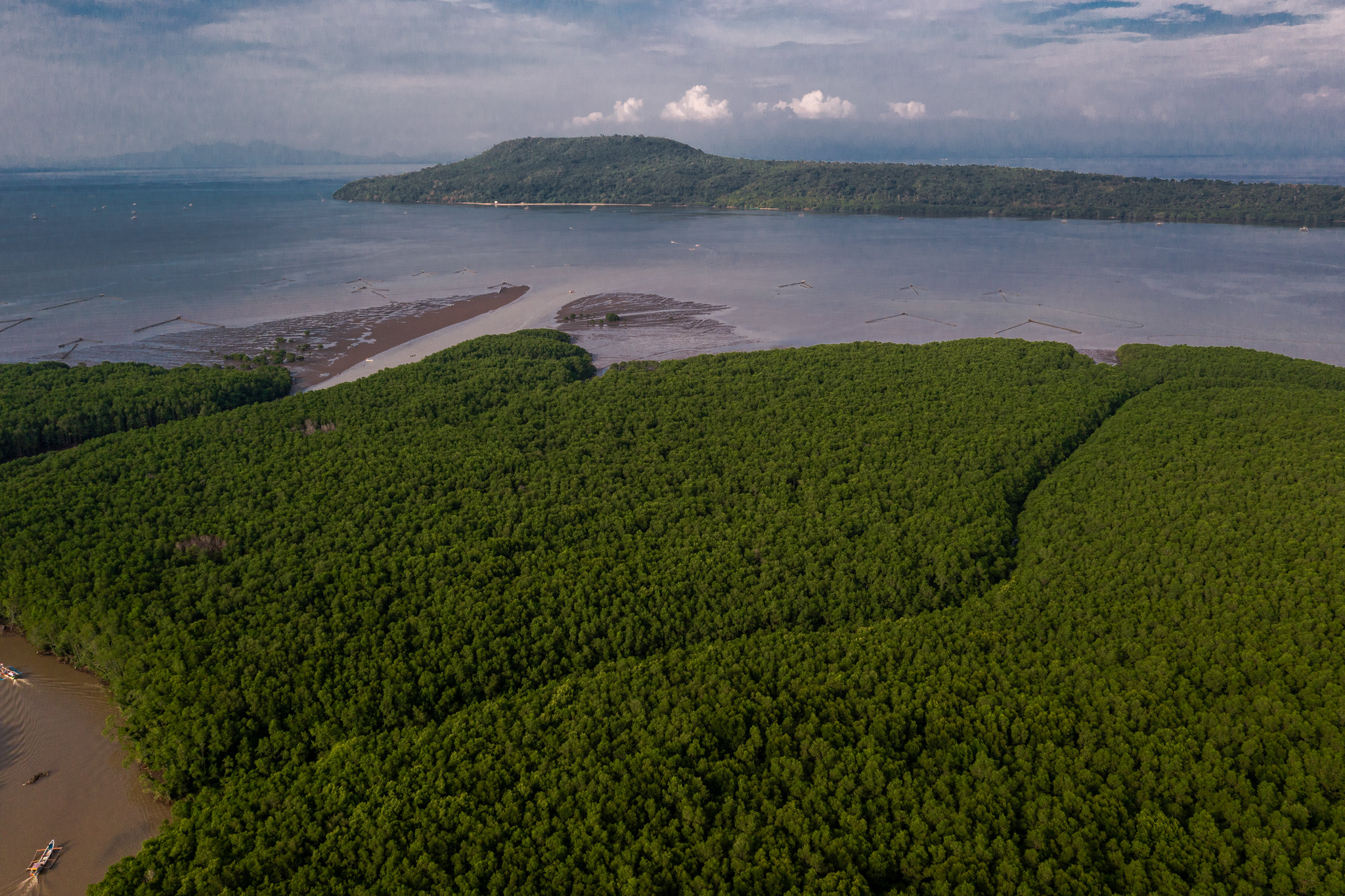An expert on REDD+ has called for countries to make a genuine long-term commitment to tackling climate change, beyond the formal requirements of the global agreement expected to be finalized at the UNFCCC COP21 in Paris next month.
“We have reached a biological tipping point,” William Sunderlin of the Center for International Forestry Research (CIFOR) told Forests News in a video interview.
“We need a corresponding policy tipping point that matches the urgency of this biological tipping point.”
Sunderlin’s research into 23 REDD+ initiatives across the globe has uncovered roadblocks to implementing efforts to reduce emissions from deforestation and forest degradation—which account for about 12% of the planet’s greenhouse gas emissions.
A framework for REDD+ was largely put in place earlier this year, but Sunderlin holds that this next agreement still needs to have strong provisions for REDD+.
[youtube id=”kOFc1M_uQTA” maxwidth=”640″]
“The failure of REDD+ to date to fulfill many of its goals, and the reason why REDD+ has moved along very slowly, is that it is a reflection of humanity’s overall ambivalence and indecisiveness in how to tackle the problem of climate change,” Sunderlin said.
“So if there is a good agreement coming out of Paris, and especially if it has binding provisions, then we stand a chance of having REDD+ make the contribution it needs to make to overall climate change mitigation.”











